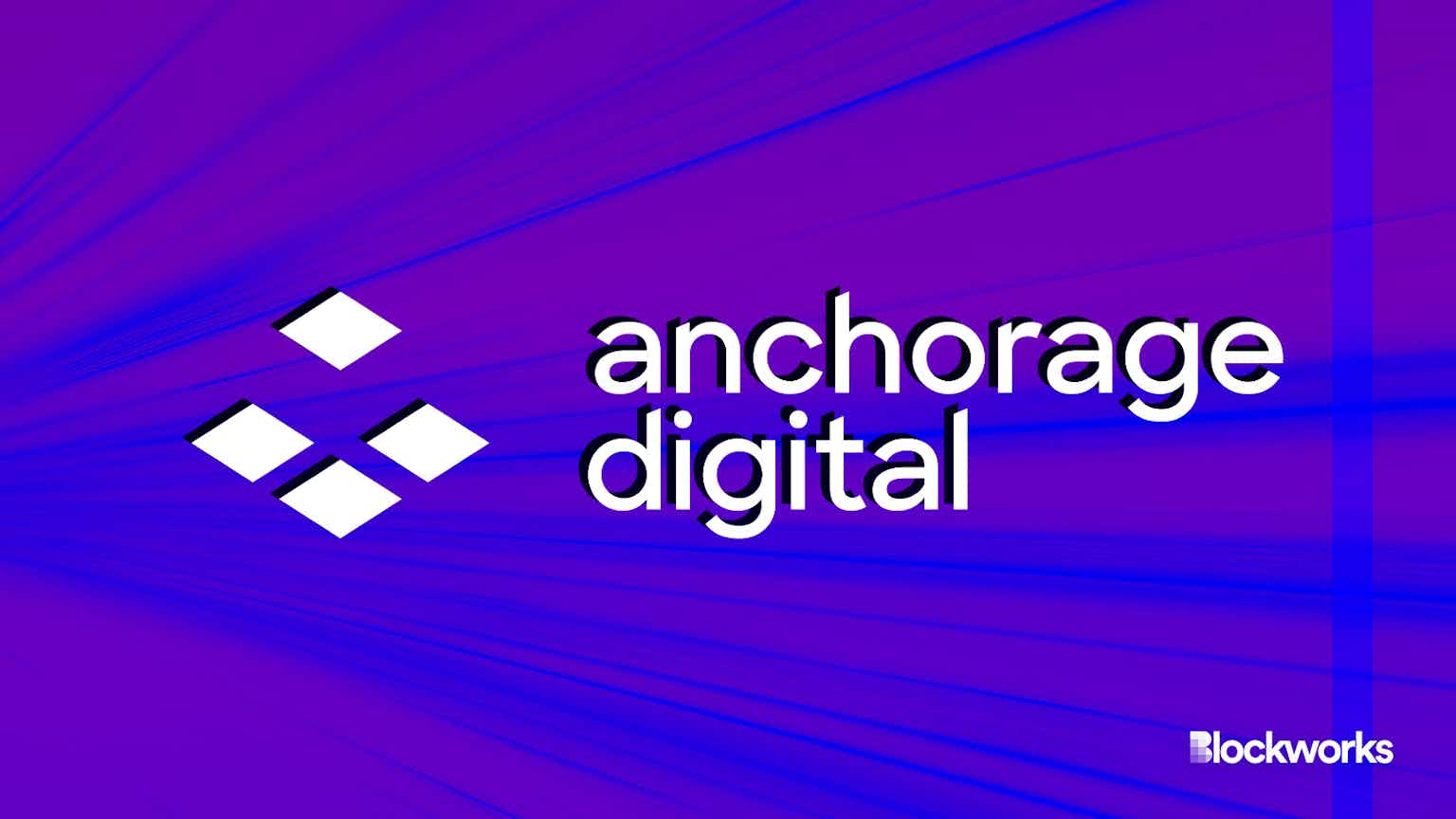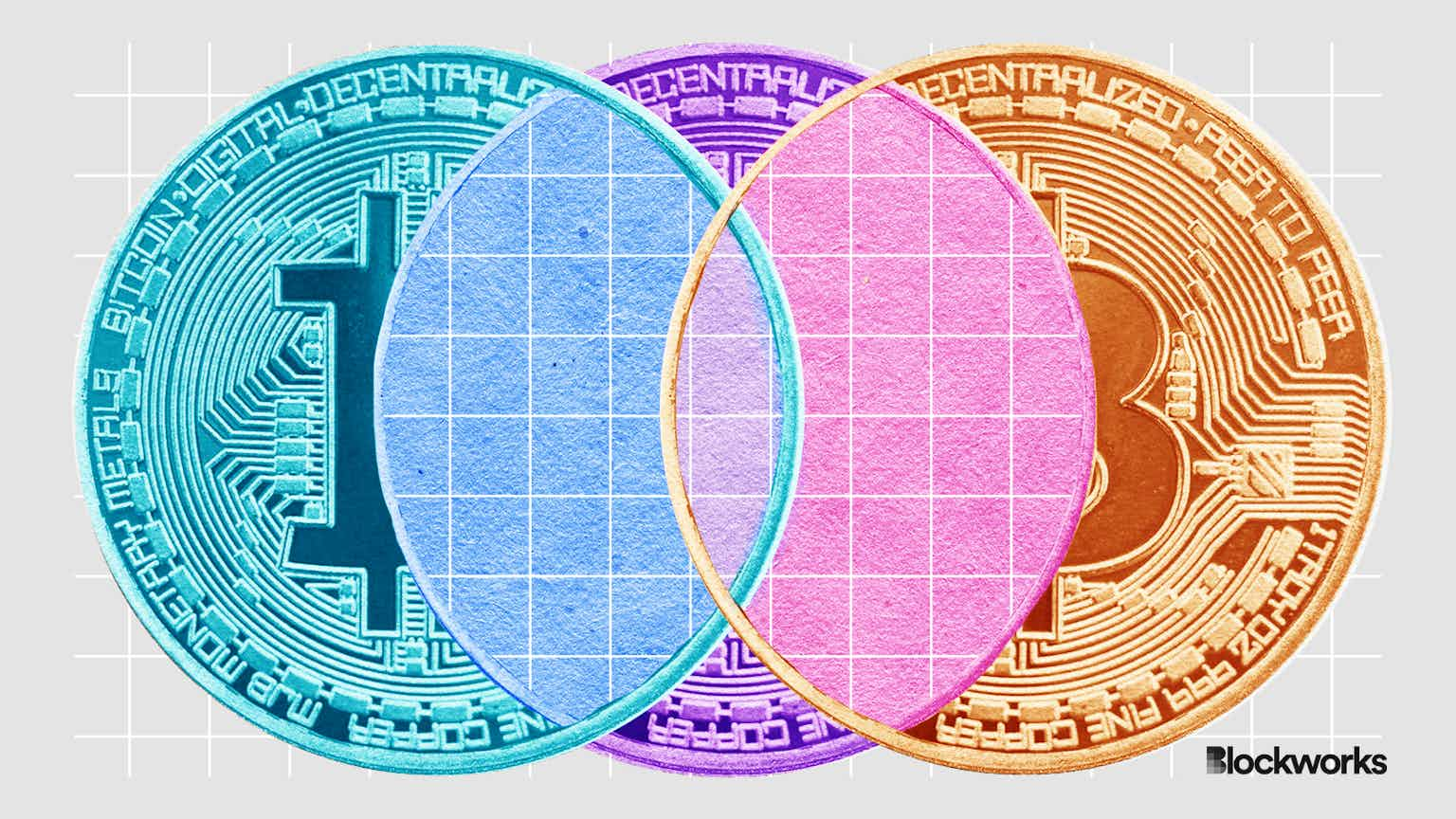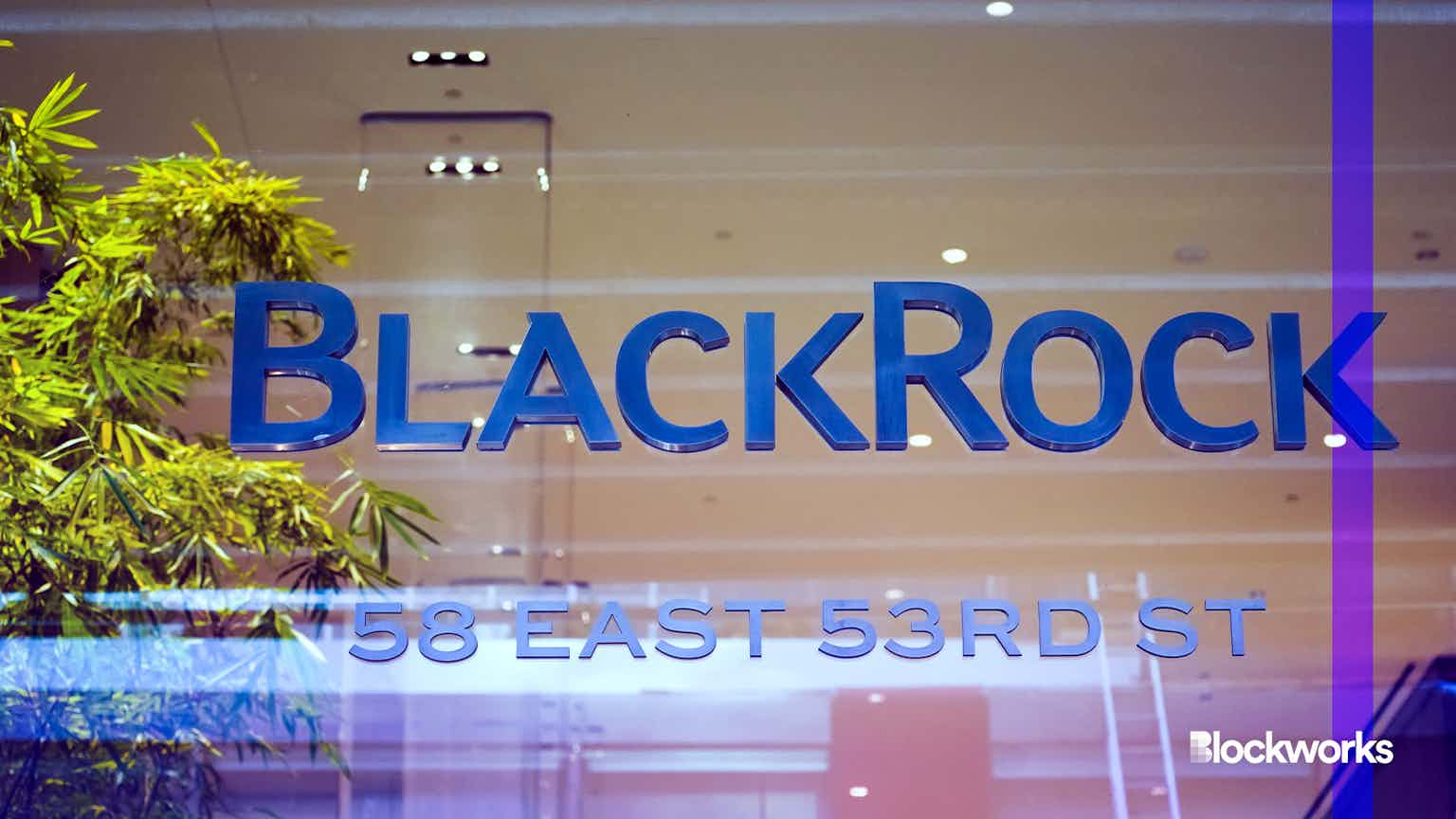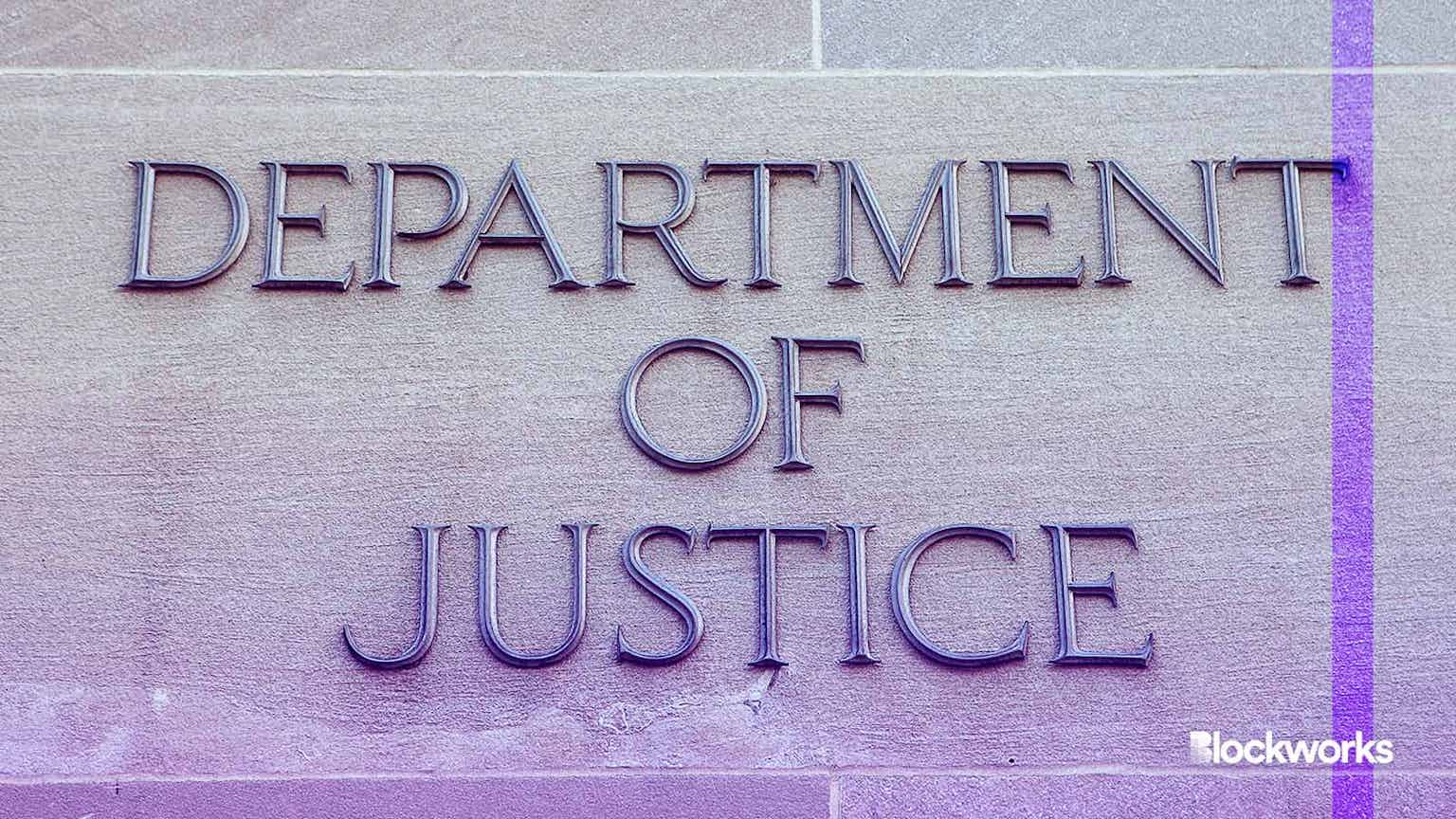ProShares Opts for ‘Crypto-Lite’ ETF While SEC Mulls Pure Bitcoin Product
Offering would compete with several existing products, planned fund by Invesco

Source: Shutterstock
key takeaways
- A blockchain ETF is more of a disruptive tech play than a cryptocurrency proxy, industry watcher says
- ProShares proposal comes as Ark Invest and 21Shares became latest to register with SEC for pure bitcoin ETF
ProShares became the latest fund firm to propose an ETF that would invest in companies involved in the crypto and blockchain sphere as the SEC continues to mull its decision on ETFs that invest in bitcoin directly.
The ProShares S&P Kensho Global Crypto & Blockchain ETF would track an index comprising companies in the US and abroad focused on building distributed ledger technology products or services, as well as businesses that enable digital currencies, according to its preliminary prospectus.
The product plans to invest in the common stock issued by such public companies, as well as American depositary receipts, the filing notes.
A ProShares spokesperson declined to comment further on the planned offering.
The recent disclosure comes after Invesco proposed a Galaxy Crypto Economy ETF earlier this month, which similarly would invest in digital asset companies, as well as cryptocurrency futures, exchange-traded products and private investment trusts traded over-the-counter that are linked to cryptocurrencies.
Other firms continue to file for ETFs that would invest in bitcoin and other cryptocurrencies directly. Ark Invest, which currently has eight ETFs with about $47 billion assets under management trading in the US, became the latest to propose a bitcoin ETF with 21Shares, joining a dozen or so others that await SEC approval.
The SEC this month postponed its decision to approve or deny bitcoin ETFs filed by VanEck and Valkyrie Digital Assets, and several industry watchers have said the approval of such a product may not come until 2022.
Crypto-lite ETF vs. physical bitcoin ETF
Some fund issuers, like ProShares, may opt to file for what Lara Crigger, managing editor of ETF Trends and ETF Database, calls “crypto-lite” ETFs because they have a higher chance of getting to market than they would of winning the physical bitcoin ETF race.
Funds that invest in companies such as crypto miners, exchanges and businesses involved in blockchain technology can also be a good option for investors who want exposure to the market without the ups and downs of holding cryptocurrency directly, she added.
“That said, the more indirect your exposure to the crypto market, the less you’re actually going to be capitalizing on the trend precisely,” Crigger told Blockworks. “Blockchain is a technology shift that has other uses and applications well beyond cryptocurrency, making a blockchain ETF more of a disruptive tech play than a cryptocurrency proxy.”
James Seyffart, an ETF research analyst at Bloomberg Intelligence, previously said that there is a use case for funds that invest in crypto directly, as well as those that target the space more broadly. Though some may be buying the latter type of ETFs as they await the SEC’s decisions, he added, he believes the larger demand is for ETFs that hold actual crypto assets.
Broad crypto and blockchain ETFs could suffer outflows on the launch of a pure crypto offering, said Grant Engelbart, a senior portfolio manager at Brinker Capital, but the offerings still serve a purpose.
“There is a lot of prevailing thought that blockchain technology is the long-term investment thesis behind crypto, but today crypto acts as the way to play that growth,” he told Blockworks.
The largest blockchain ETF in the US is Amplify Investments’ Transformational Data Sharing ETF (BLOK), which holds $1.1 billion. Though the several ETFs targeting the space have seen a wide dispersion of performance in the last year, BLOK has returned 127% over the past 12 months, as of June 25, according to FactSet data.
The newest such fund, the Bitwise Crypto Industry Innovators ETF (BITQ), launched in May, and has so far grown to $53 million in assets.
“As more and more companies likely use distributed ledger, decentralized, or blockchain-based technology, these ETFs, to me, become more interesting and a better long-term investment,” Engelbart said. “You are starting to see some of this today, but there still remains a lot to sift through in the space.”





